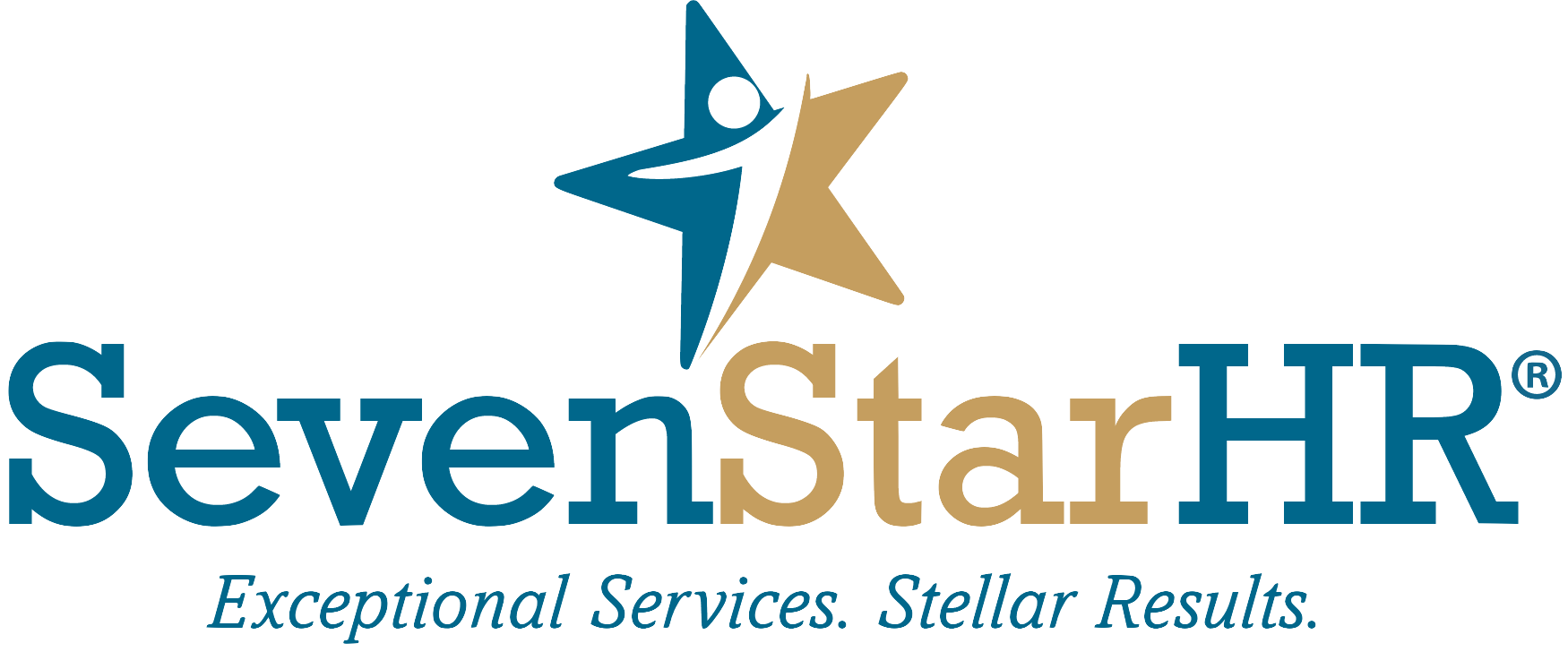Hybrid Work Challenges: Payroll and Tax Considerations
Photo by Mikhail Nilov from Pexels
The hybrid working model can be a great option for businesses, offering a competitive advantage in hiring and retaining talent that is much-needed after the pandemic. It isn’t without its downsides, however, and one of these is the new stress it places on payroll and time and attendance technology. Not to mention the HR professionals who have to manage them!
The wide variety of state and local tax laws means that employees working remotely around the country are frequently subject to very different tax withholding practices. Think of a worker with an office in New York City working part-time from home in New Jersey or Pennsylvania, or the remote worker who relocated from Los Angeles to Michigan to benefit from lower living costs.
In addition to the varying tax withholding requirements, states also have different tax rates for unemployment benefits, disability, insurance, and paid family and medical leave. There are also laws like the Wage Theft Act in New York that must be adhered to if you have remote workers in New York state. The penalties for withholding mistakes can be stiff, so its important to get this right.
As most small businesses do not have a dedicated HR function, this is a challenging issue to overcome. Inexperienced small businesses may be unaware of the financial risk they could be taking by hiring across state and county lines.
Businesses also need to be mindful of not only varying wage and hour laws in different states but also that not every state defines exempt and non-exempt in the same way. Some have requirements for annual Anti-harassment training which needs to be held for a remote worker in New York, for example.
Each state has laws regarding withholdings based on the length of time employees work remotely in that state. New York, for example, requires you to withhold tax if someone works there for two weeks. Many states are cracking down on these tax compliance issues. If you use a payroll company to process your payroll, you need to make sure they know what you are doing regarding remote working. If you do not have an HR person, look into getting fractional help in dealing with these and other HR laws.

